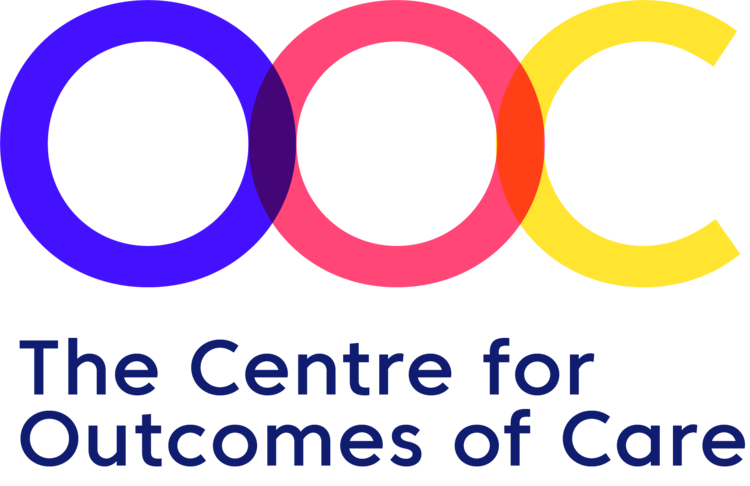We’re transforming the role and impact of assessment in children’s social care, to improve decision-making, evidence and outcomes.
OOC is leading implementation of Transformational Collaborative Outcomes Management (TCOM) and the Child & Adolescent Needs and Strengths (CANS) Assessment in the UK, through an expert-led, not-for-profit initiative.
The UK has long needed a valid and reliable assessment method, to communicate the needs and strengths of children and individuals in or on the edge of care, support decisions about their care, and monitor their progress and outcomes in a meaningful way.
To improve our understanding of what works, when, where and for which children, and provide a reliable evidence base to inform service responses and development, our sector needs a sustainable, long-term solution.
Why now?
Care is complex. Resources are pressurised. Decisions are hard to make at every level of the system, and evidence to support those decisions is lacking. To improve children’s lives, we must unite with a shared vision of needs, service responses and outcomes.
Reliably assessing and communicating needs and strengths - to guide decision-making and enable meaningful monitoring of outcomes - is a continuous challenge and one shared by all local authorities, providers and practitioners. Without a more reliable and comprehensive assessment strategy, it will never be possible to confidently monitor change, assess outcomes and guide service improvements.
As part of OOC’s ongoing work to facilitate improvements in evidence-based practice and outcomes assessment, starting in 2016, we undertook a rigorous 2-year review of needs and outcome assessment metrics that might be part of the solution.
That work highlighted an important opportunity for local authorities and providers in the UK to adopt the Transformational Collaborative Outcomes Management (TCOM) approach and assessment tools (primarily the Child & Adolescent Needs & Strengths (CANS) assessment) – already successfully used and proven in a growing number of countries worldwide. This simple, yet transformative shared vision approach addresses the most complex problems in the care system.
“Human services are often complex because of the number of different people involved in the process of care. Transformational Collaborative Outcomes Management (TCOM) is a framework for managing such a complex system. Within this framework there is a philosophy, an assessment strategy, and a set of tactics all designed to facilitate an effective and integrated approach to addressing the needs of people.”
Professor John Lyons



